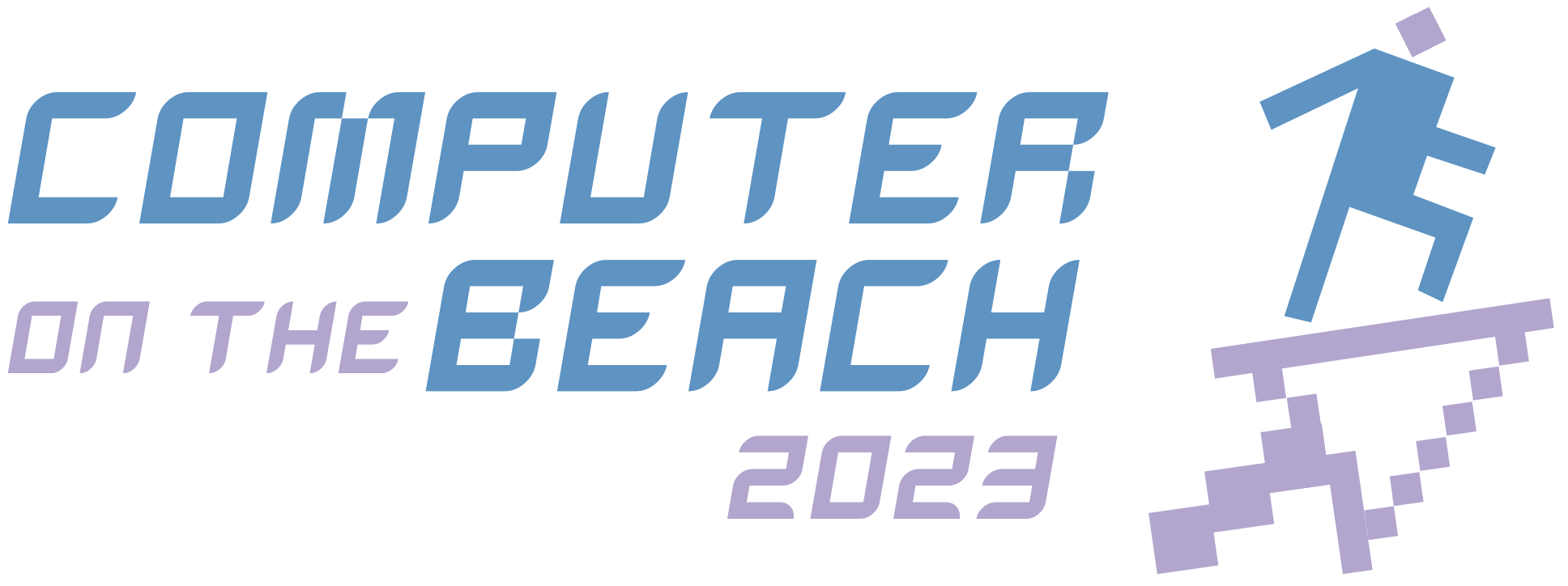

ABSTRACT
The rise in popularity of mobile devices has been made possible
due to advances in processing power and the miniaturization of
modern processors. Mobile devices are often embedded systems
with limited resources such as battery, processing power, and memory,
which impact the user experience. These devices located at
the edge of the network can also generate large amounts of data,
which makes it difficult to centralize the data in the cloud. To address
the scalability issues, fog computing is used to intermediate
storage and communication services between cloud computing and
end devices, allowing for decentralized and scalable data. In fog
computing, a message server may be used to distribute information
through one or more communication channels, reducing computational
resources. To transmit messages, it is necessary to choose
a communication protocol, and it is important to consider the limitations
of mobile devices when analyzing the behavior of fog
communication protocols. This paper evaluates the performance
of three fog computing protocols: MQTT, AMQP, and STOMP. Results
indicate that MQTT achieves the best performance in terms
of power and processing consumption, AMQP has lower memory
usage, and STOMP has a shorter round trip time for each message.






O Computer on the Beach é um evento técnico-científico que visa reunir profissionais, pesquisadores e acadêmicos da área de Computação, a fim de discutir as tendências de pesquisa e mercado da computação em suas mais diversas áreas.

